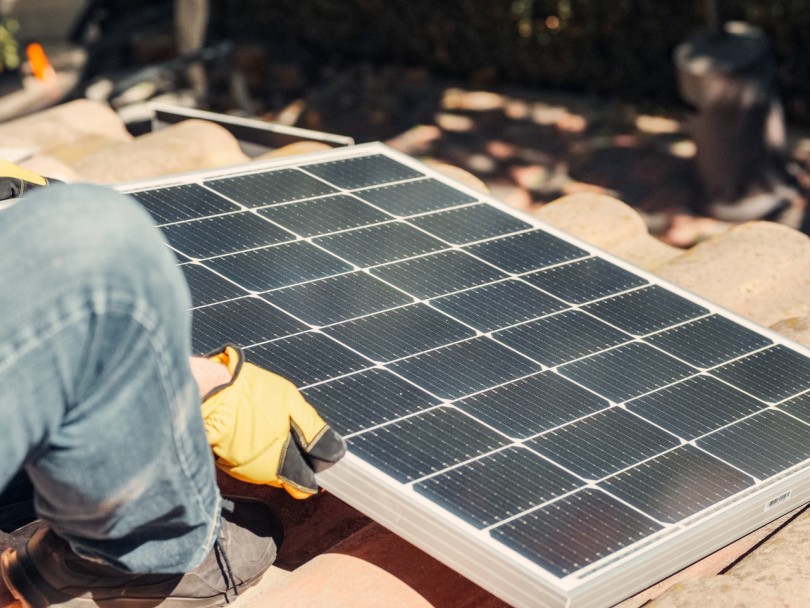Is Autonomous Driving coming to the UAE?
26 Apr 24
Lab ChatThe Global News Source for the World of Science and Chemicals
05 November 2021
Enviro Chat
The Dubai Electricity and Water Authority (DEWA) has introduced lithium batteries made by Tesla into its energy storage profile at the world’s largest single-site solar farm. The Mohammed bin Rashid al Maktoum Solar Park has the capacity for the generation of 1GW of solar power per annum and is overseeing a pilot project of battery energy storage systems (BESSs) made by Tesla.
The initial trial will use Tesla’s Powerpack product, which is its mid-range offering. The installation is capable of handling 1.21MW / 8.61MWh of solar power and will join a variety of other energy storage initiatives at the site, including thermal energy, green hydrogen and pumped hydro storage options.
Lithium batteries have become something of a watchword in the renewable energy sector of late, largely due to the unique way in which they store electricity. Unlike traditional batteries, lithium batteries are not obsolete once they have been depleted, but can rather reverse the reactions which take place inside them to absorb power as well as it release it. This renders them rechargeable.
Their addition to the Mohammed bin Rashid al Maktoum Solar Park is set to enhance the farm’s capacity to store electricity even further. Now operational, the Tesla batteries are the second largest storage system on site behind the sodium sulphur (NAS) battery installation built by Japanese firm NGK.
That network is capable of processing 1.2MW / 7.5MW of solar power. After its installation in 2018, NGK quickly followed it up by commissioning with a massive 108MW / 648MWh network of 15 batteries across 10 different sites in the UAE. Both the systems operated by Tesla and NGK are capable of supplying and absorbing energy from the grid, in addition to their solar energy storage abilities. A cohesive strategy
However, the lithium batteries from Tesla and the sodium sulphur batteries from NGK are not the only energy storage systems in operation in Dubai. DEWA has already sanctioned the Middle East’s first pumped-hydro storage plant, which is set to have an enormous capacity of 1,500MWh and an output potential of 250MW.
Other projects in the pipeline include thermal energy storage and green hydrogen plants, both of which will diversify and expand the emirate’s energy storage capacity. The thermal energy technology will be supplied by Swedish start-up firm Azelio and will be used to manage the baseload power demands of the Solar Park.
“We have an integrated vision to achieve these directives with three main pillars: The first is to produce more clean energy, especially solar energy, under the Dubai Clean Energy Strategy 2050. The second is to decouple the desalination process from the production of electricity and desalinate water using a combination of clean energy sources and waste heat. The third is disrupting the role of utilities using Fourth Industrial Revolution technologies, such as AI, UAVs, energy storage, blockchain, the Internet of Things (IoT) and many more,” explained Saeed Mohammad al Tayer, CEO of DEWA.
DOWNLOAD PDF

2 Day Seminar Program
@ ArabLab+ 2024
24 & 25 September 2024
22 Apr 24
Lab ChatYour stay in Dubai
Labkit
Product News
Chemkit
Product News
Thinking about exhibiting at ARABLAB 2024? Watch our video to find out more.
Join the world’s leading organisations…
Join our mailing list and receive the ARABLAB newsletter and event updates.